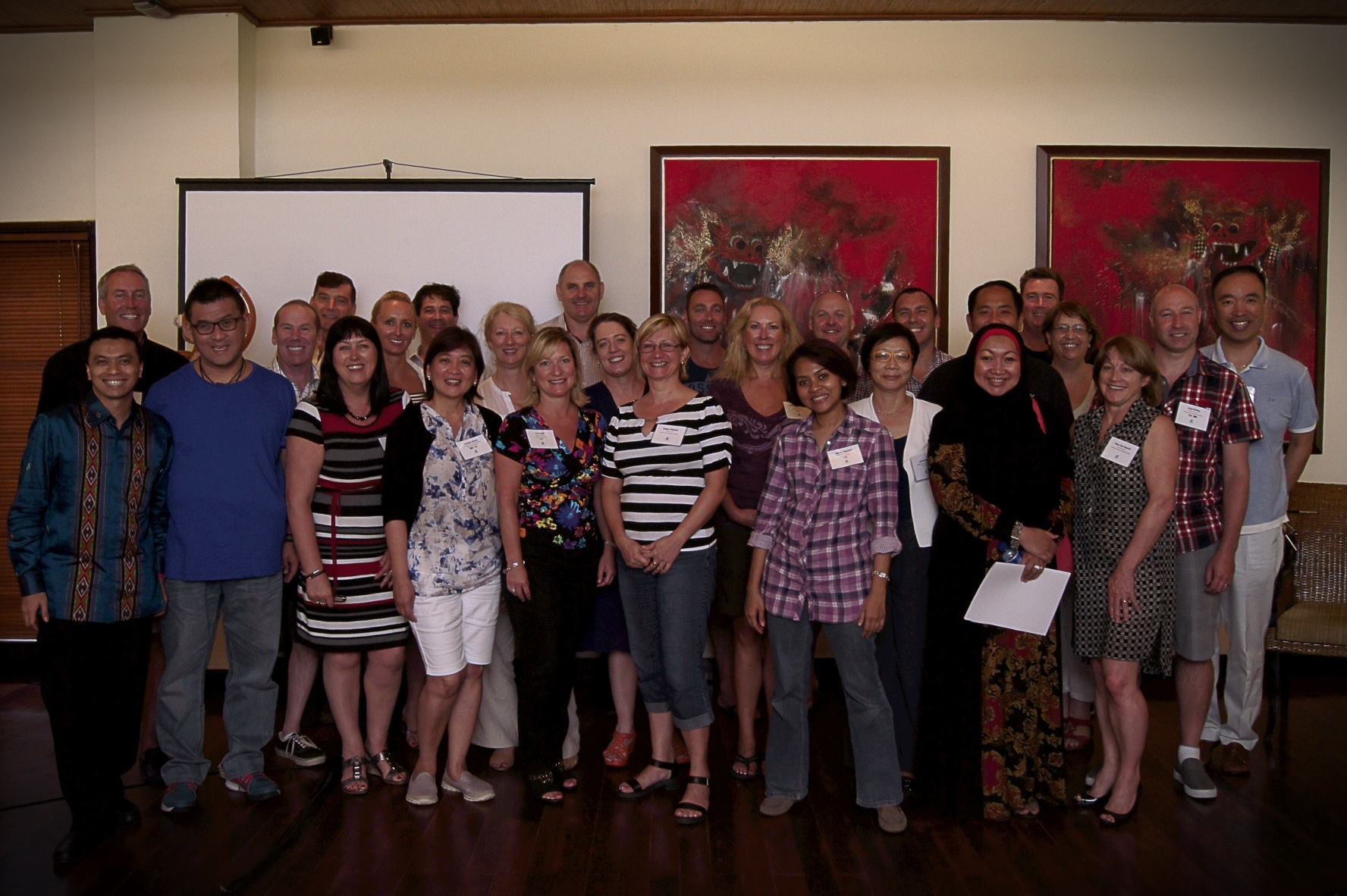 Conferences can be one of the most valuable business tools in your various resources if you appropriately plan and attack them. Each event you attend could very well have in attendance one of the most important business contacts you meet, someone who could change your business model by listening to a speaker, add revenue by becoming your new split placement partner, or reduce cost significantly with a new tool from a sponsor.
Conferences can be one of the most valuable business tools in your various resources if you appropriately plan and attack them. Each event you attend could very well have in attendance one of the most important business contacts you meet, someone who could change your business model by listening to a speaker, add revenue by becoming your new split placement partner, or reduce cost significantly with a new tool from a sponsor.
As the NPAworldwide global conference happens next week in Washington DC, it seemed a good time to discuss how to get the best out of this upcoming conference, and I was able to research out information from Davidson’s Director of Growth, Rob Davidson along with his notes from Rod Hore and Ross Clennett to pull out those tips most useful to the independent recruiter.
Tip 1: Smart up before you show up!
A week before the event, take a moment to find the conference agenda, and print a copy to mark off each session and what research you could do. Start with the speakers. Read their blogs, connect with them LinkedIn prior to the conference and let them know how much you are looking forward to their session, even ask them to touch on specific questions or topics you found interesting reading up on them. Most speakers will be happy to hear from you, and to recognize some faces at the event.
In a recruitment network, go through the list of attendees, and usually you should be able to click through to their member profiles to see what they are about. Take special note of those that are in your region or industry you might like to meet up with, and maybe suggest meeting for lunch or dinner during the conference. If your organization has some meals on your own, try to book a table for a larger group with another member, and invite others to join.
For a conference with breakout sessions, prepare your own material! What would other recruiters like to hear about? What client stories or examples do you have that happened in the last year that would make for good conversation or analysis? Put several of these on notecards or in your iphone notes to reference back on.
Tip 2: Networking skills never get old
Most of the value during a recruitment conference comes from who you meet. Make the effort to meet new people and try to make a point of standing away from walls or chairs and getting in the midst of the crowd. Sit at a different table each session and make a point of introducing yourself to people at your table. Bring a big stack of business cards and hand them out with your handshake, there is a better chance they will remember your name and face if they get the image of it as well.
Be curious with your questions and humble with your stories – you will be surprised what you can learn. If your plan is to learn without sharing, you should sit and listen to a webinar rather than attending live events. Use your trading partners to bounce ideas off of, and even to trade war stories that make you realize you are not alone in this industry.
Tip 3: Take care of your mind and body
Two to three days of sitting in a room taking notes, networking at every break and attending various functions in the evenings really takes its toll on anyone. In such an intense environment, self-care becomes critical. It’s essential that to eat well, sleep well, and stay hydrated.
Our younger versions could handle way more back in the day of staying up late and handling many cocktails. Save the more intense fun for the final night of the conference- there’s nothing worse than turning up to a morning breakout session not feeling well and wasting the day because you can barely stay awake. As Rob Davidson states, “You’ll get more out of the conference if you balance the educational and the social events in equal measure.”
Tip 4: Note taking = less forgetting
Ross Clennett FRCSA emphasizes the importance of taking notes. Hermann Ebbinghaus, a German psychologist, discovered that when we acquire a new idea much of our forgetting occurs right away. A significant amount of information is forgotten within 20 minutes of learning it; over half the material learned is forgotten within 60 minutes. Almost two thirds of what we learn within a day is forgotten. Why spend valuable time and money to attend a conference to then forget two thirds of the great content before you even return to your office?
As an active blogger and book reviewer, one of the things Ross does is look for blog topics out of conference material. This way he forces himself to review his conference notes and construct a few hundred words that provide relevance and context for his readers. He especially looks for themes that connect the ideas of two or more speakers. These connections provide more substance to the subsequent blog.
Even if you are not a blogger, undertaking this sort of exercise in order to post to your company intranet or to use as the core of a presentation to your boss or colleagues back in the office, will be valuable.
Tip 5: Remember all of the above and have a great conference!